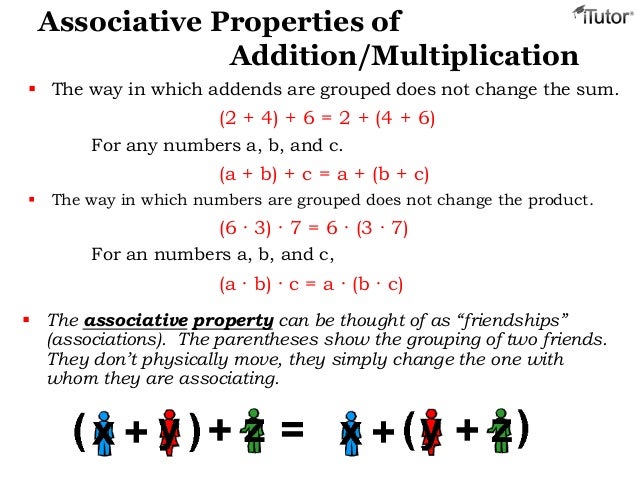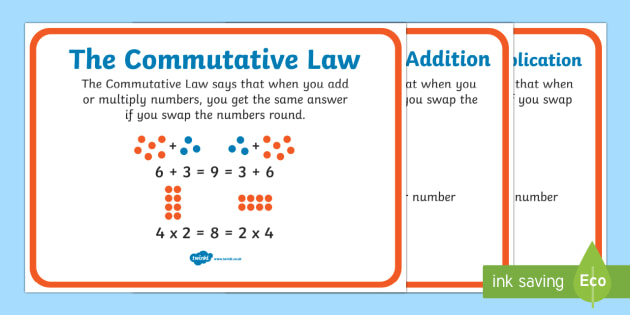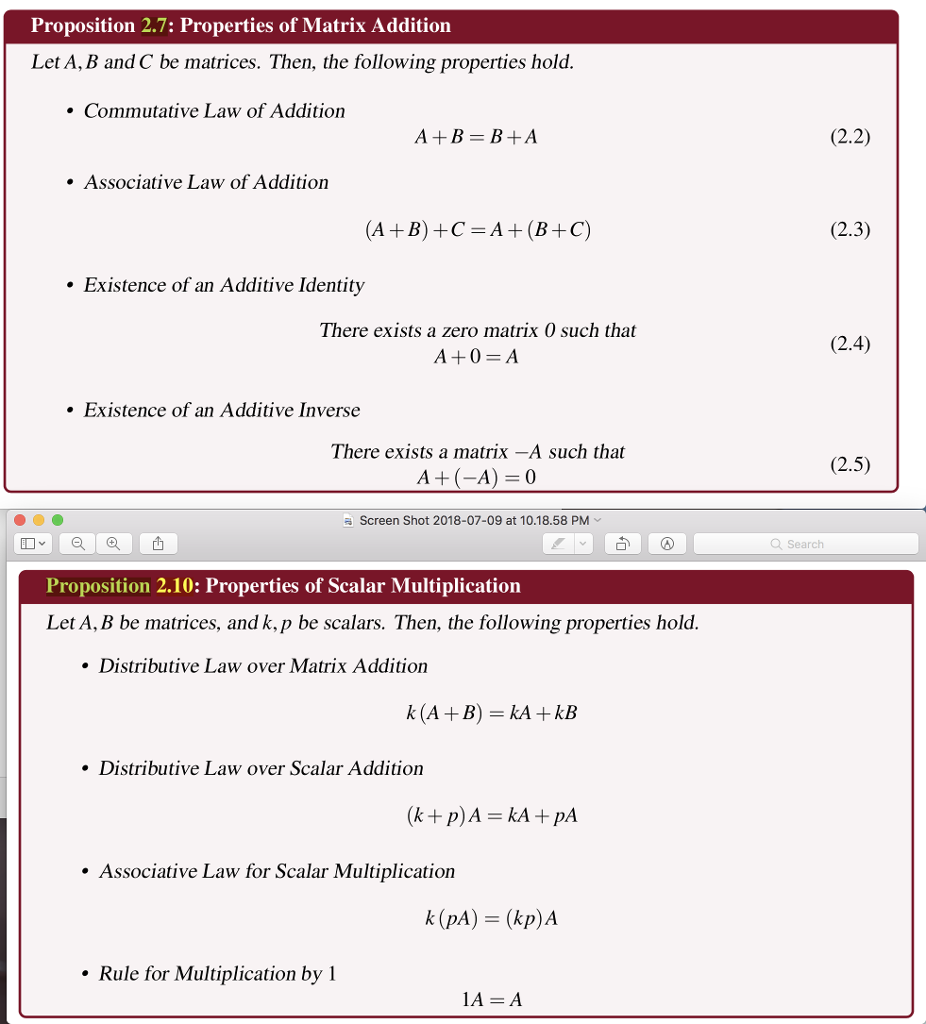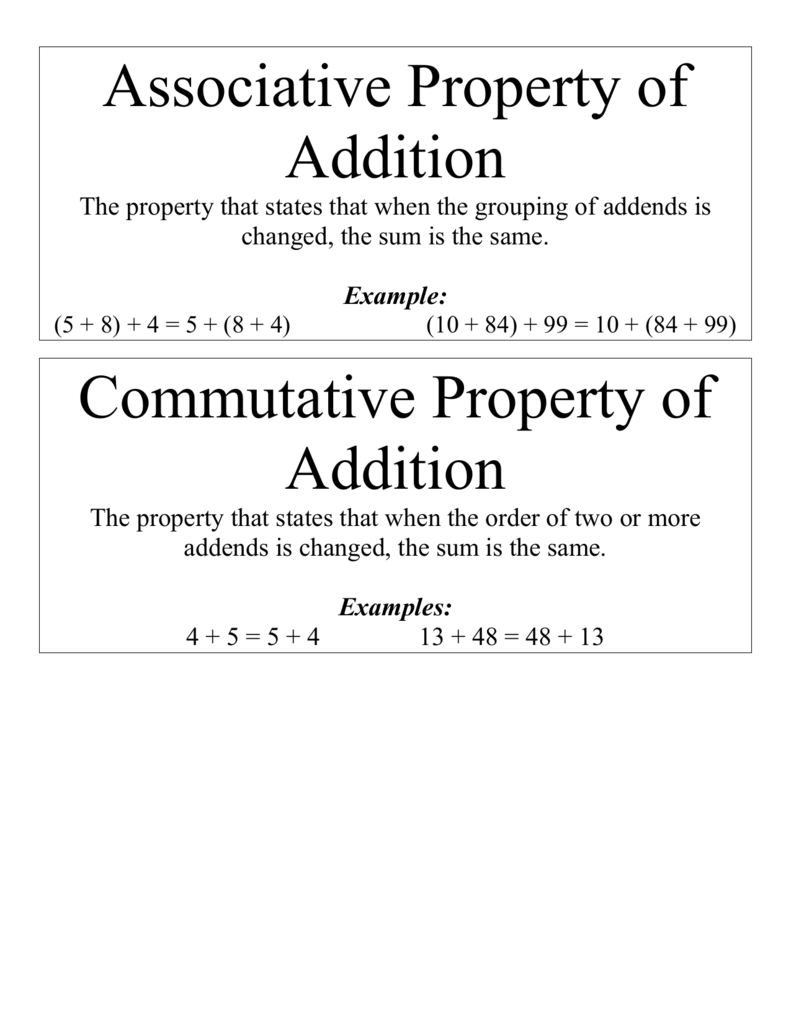Q According To The Associative Law Of Addition
Q According To The Associative Law Of Addition. The "Associative Laws" say that it doesn't matter how we group the numbers (i.e. which we calculate first). Addition and multiplication of complex numbers and quaternions are associative.

In addition to the commutative, associative, and distributive laws, you need the fact that Before jumping into the answer I would like to quote the central limit theorem, which according to me is the most fundamental theorem in statistics.
According to the associative property of addition, the sum of three or more numbers remains the same regardless of how the numbers are grouped.
Everything you always wanted to know. A number which can be written according to its relationship with another number. Use the associative law of addition to write an equivalent expression. $$ (a b+c)+d $$.







0 Response to "Q According To The Associative Law Of Addition"
Posting Komentar